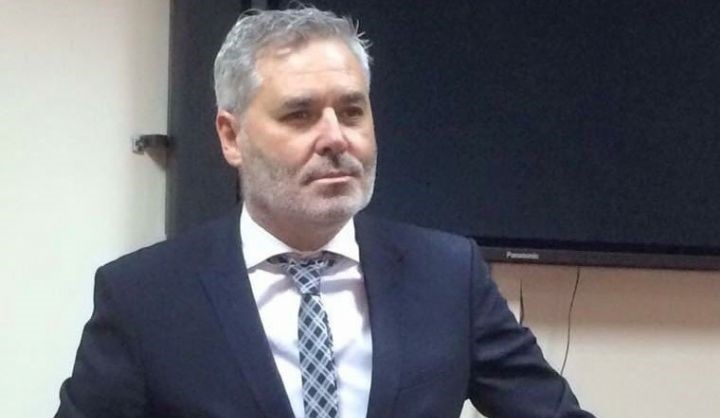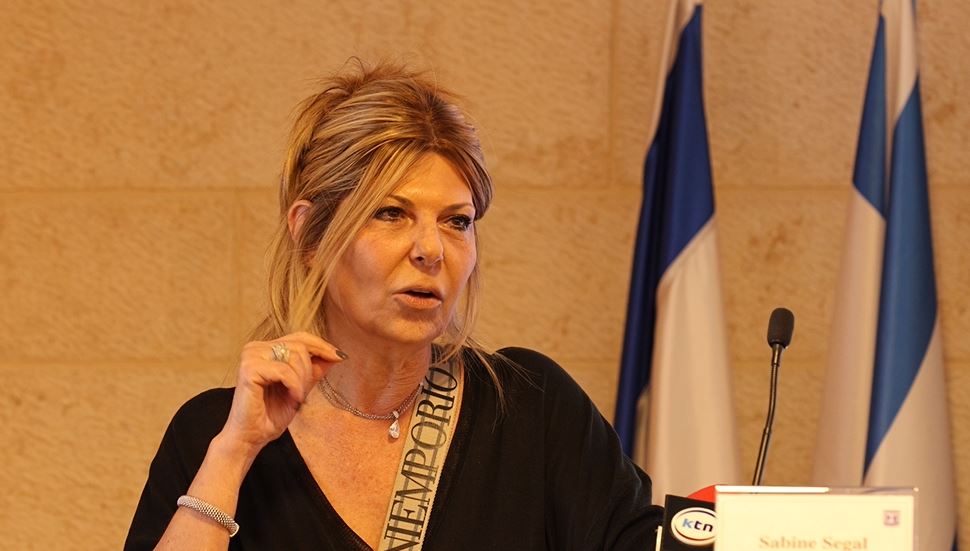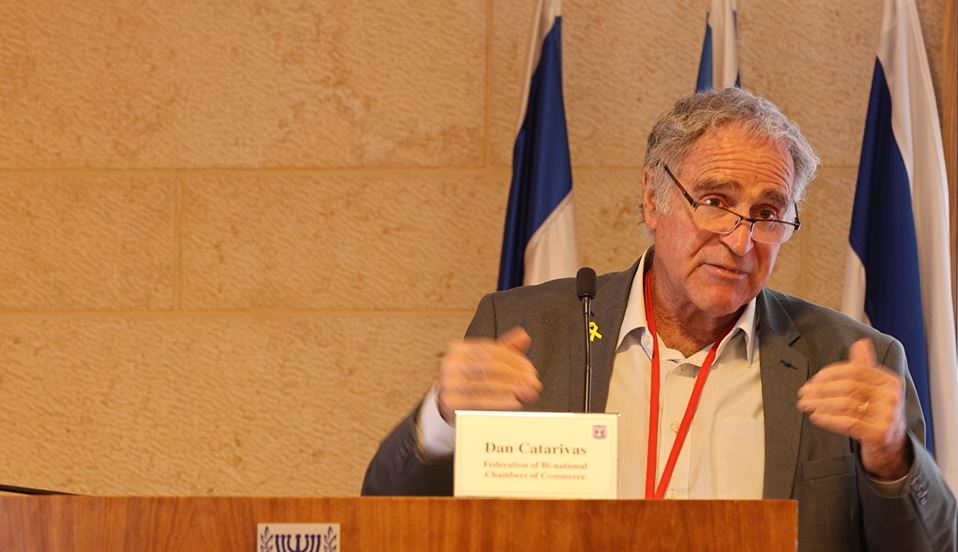By Beatrice Asamani Savage, GNA Special Correspondent, Israel
Jerusalem (Israel), Dec. 29, GNA – Israeli trade and business groups say they are working on initiatives to strengthen their economic ties with Africa for mutual growth and development.
Leaders of the Manufacturers Association of Israel, Federation of Israeli Chambers of Commerce, Federation of the Binational Chamber of Commerce in Israel and the Africa, Latin America, and Caribbean Economic Division at the Ministry of Foreign Affairs, shared their goals at a roundtable discussion with visiting African journalists, at the Ministry of Foreign Affairs, Jerusalem.
Mr Leo Vinovezky, Director of the Africa, Latin America, and Caribbean Economic Division at the Ministry, Mr. Vinovezky highlighted Israel’s diverse and innovative ecosystem as a key driver for strengthening partnerships across sectors, including agriculture, water management, cyber security, and tourism.

“We are promoting commercial and economic ties with Africa and other continents using various methodologies, such as economic diplomacy, government-to-government (G2G), and business-to-business (B2B) initiatives,” he explained. “The goal is to showcase what Israel offers, while also learning and benefiting from Africa’s unique contributions.”
With more than100 Israeli companies operating in 55 African countries, Mr Vinovezky underscored the long-standing cooperation between Israel and African nations.
He noted that Israeli firms had actively engaged with governments and civil societies in Africa, contributing to development in sectors such as manufacturing, technology, and environmental management.
“The sky is the limit,” he remarked, emphasising the mutual benefits of such collaborations. “Israel’s presence in Africa reflects our commitment to building sustainable partnerships that drive economic growth and innovation.”
He called for continued dialogue and engagement between Israeli and African stakeholders, noting that strong economic ties were vital for shared prosperity.

Mr. Dan Catarivas, President of the Federation of the Binational Chamber of Commerce in Israel, explained the role of the Israel-Africa Chamber of Commerce in facilitating business partnerships and organising trade delegations to expand economic relations.
“With only one dedicated binational chamber for Africa, the trade volume between Israel and the continent is still limited. However, we see immense potential for growth in innovation, investment, and trade diversification,” he stated.
He underscored Israel’s strength in areas such as agriculture, technology, and capacity building, which could align with Africa’s development priorities.
Mr Catarivas noted that Israeli innovations, such as drip irrigation, born out of necessity, could help address water scarcity and boost agricultural yields across the continent.
“Israel’s resilience and success stem from necessity-driven innovation, and we are eager to share this expertise with Africa to create win-win scenarios,” he added.
While highlighting Israel’s young population and economic resilience, despite security challenges, he noted that Africa shared similar demographic advantages, making the partnership ripe for long-term benefits.
He, however, said it was important to overcome challenges such as bureaucratic and cultural barriers to trade, establishing phytosanitary agreements and addressing issues such as corruption and legal predictability.
Stable business environments and strong governance were also crucial for fostering partnerships, he added.
On Israel’s economic success, he explained: “Israel’s economic strength and resilience in the face of challenges are rooted in its consistent investment in Research and Development.”
“Israel has led global rankings in R&D investment as a percentage of its Gross Domestic Product (GDP) for more than 15 years. “R&D and innovation are at the core of Israel’s economic strategy. The private sector, supported by the government, prioritises research, creating an ecosystem that drives technological breakthroughs and economic growth.”

On how businesses were faring in the current war, amid some sanctions and boycotts from certain entities, Mr Catarivas stressed that Israel’s ability to maintain business continuity during prolonged periods of conflict was a testament to its innovative spirit.
Industries along volatile borders, including the Gaza and northern regions, continued to operate, reflecting the determination of Israeli society to sustain economic activity.
Despite a significant portion of its workforce being called for military reserve duty during conflicts, Israel’s private sector, he explained, adapted by mobilising pensioners, doubling shifts, and utilising advanced technologies to keep factories operational.
The country was also recruiting skilled foreign nationals, including Africans, to augment the human resources.
“Necessity is the mother of creativity. Israel’s lack of natural resources led to groundbreaking solutions like drip irrigation, which not only conserves water but also enhances crop yields,” he said.
Governments should, therefore, prioritise research and development, and education, to spur sustainable development, highlighting that I strategic focus on technology provided a roadmap for other economies.
GNA